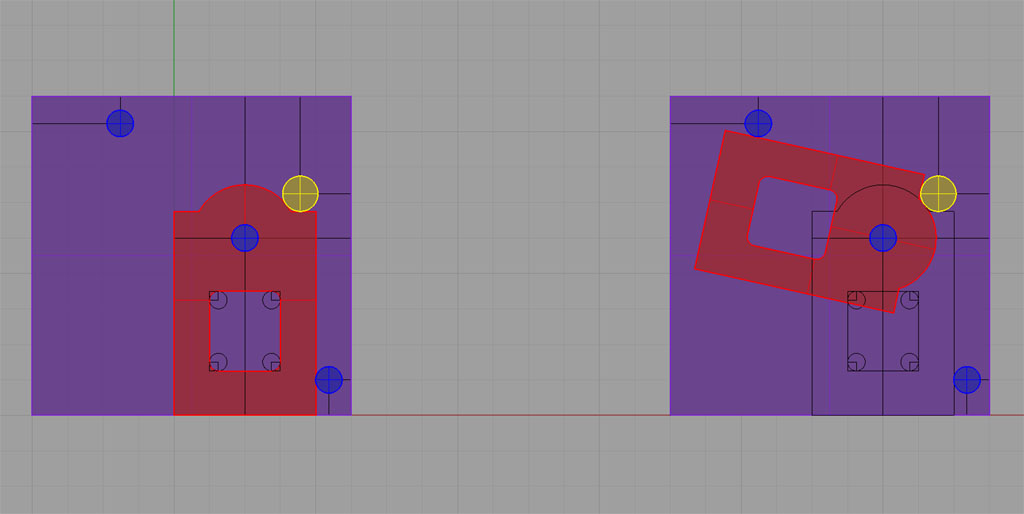rickharris
Well-Known Member
- Joined
- Jan 19, 2008
- Messages
- 313
- Reaction score
- 0
I am fortunate to have access to a CNC Mill and Lathe as well as Routers and a laser cutter at School.
BUT apart from the ability to produce many identical items from the CNC system - The speed of the laser cutter to cut wood/plastics I generally find that for one off items it is faster and easier to do the task on the old hand lather/mill than it is to draw out/plan and run it on the CNC.
This begs the question then - For the hobby machinist is CNC worth the bother. For the cost in general you can buy a bigger/better manual lathe or Mill and with a little care and perhaps a few jigs/special tools you can produce just as good and accurate result.
Or maybe some of you with CNC equipment will correct my thinking and persuade me that CNC is really useful for the hobby machinist.
BUT apart from the ability to produce many identical items from the CNC system - The speed of the laser cutter to cut wood/plastics I generally find that for one off items it is faster and easier to do the task on the old hand lather/mill than it is to draw out/plan and run it on the CNC.
This begs the question then - For the hobby machinist is CNC worth the bother. For the cost in general you can buy a bigger/better manual lathe or Mill and with a little care and perhaps a few jigs/special tools you can produce just as good and accurate result.
Or maybe some of you with CNC equipment will correct my thinking and persuade me that CNC is really useful for the hobby machinist.





